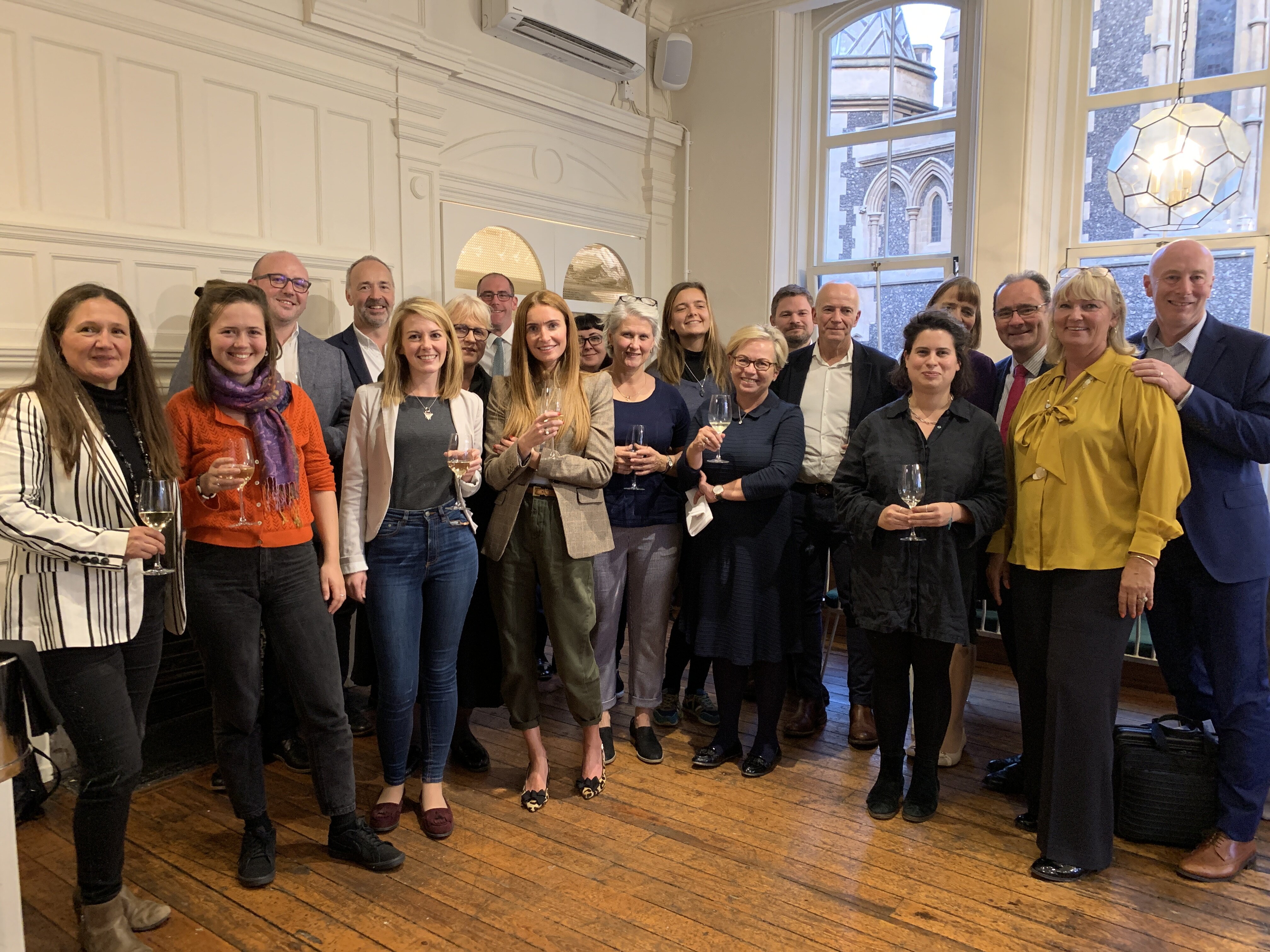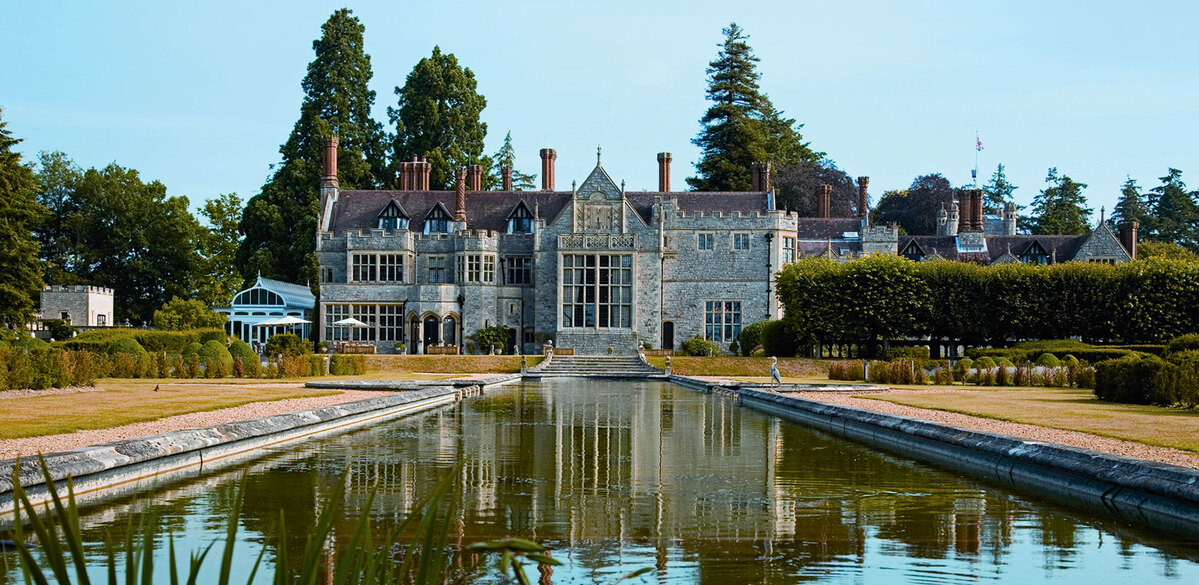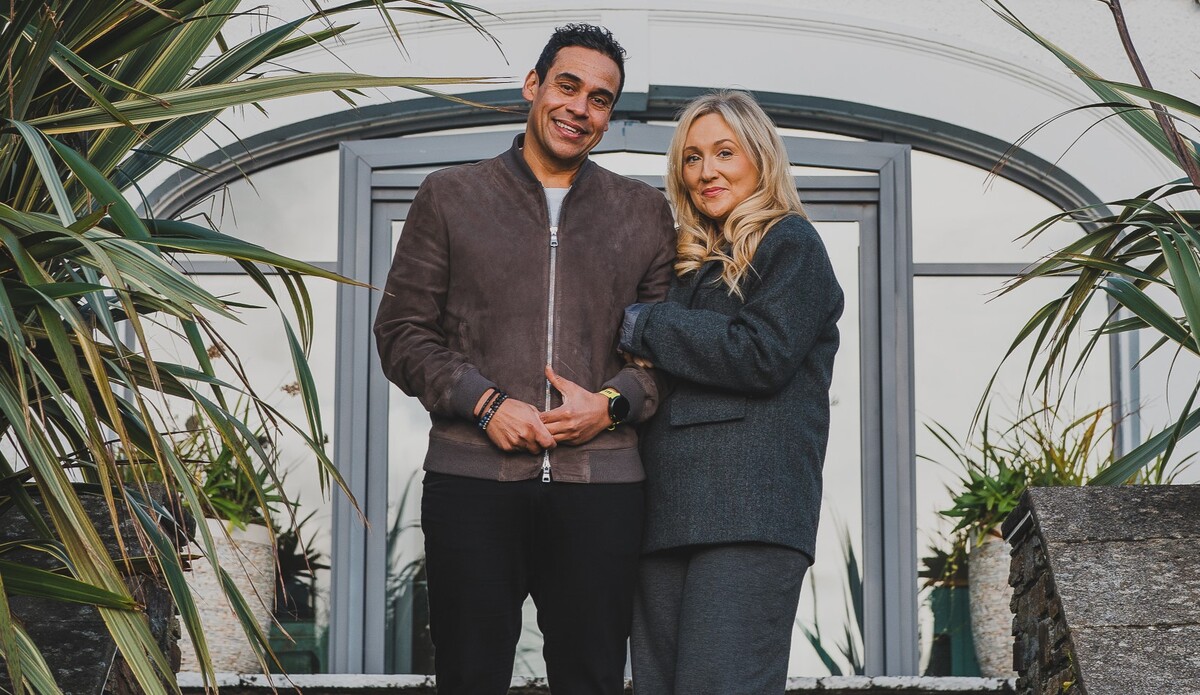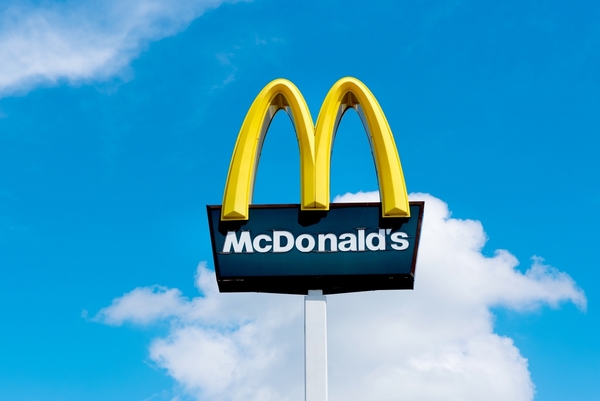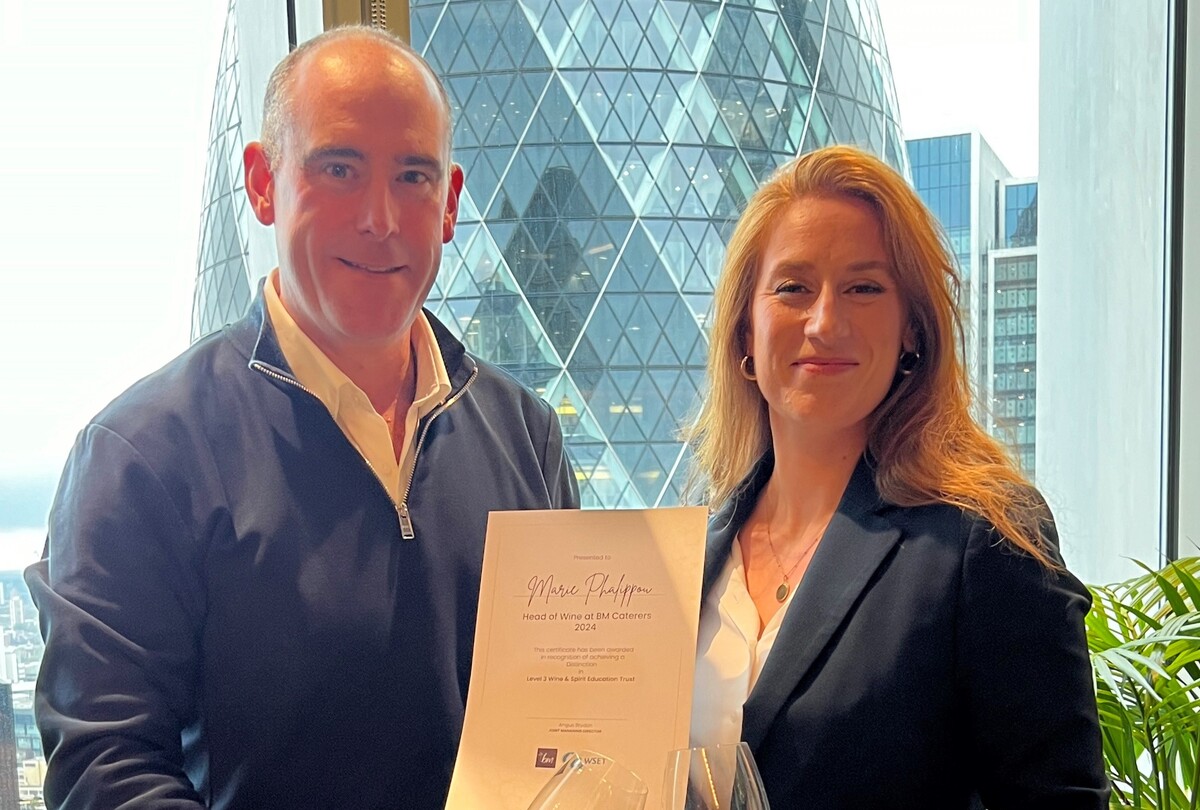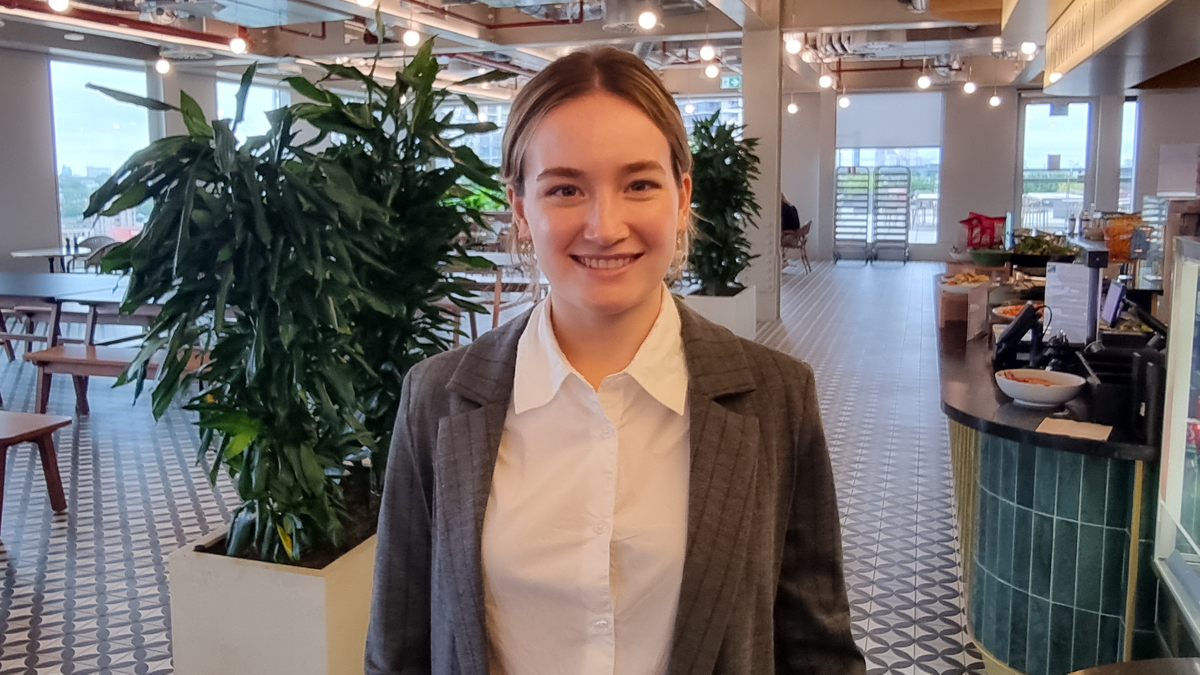Caterers must embrace the value of social enterprises to truly profit
Caterers must do more to showcase the commercial value that social enterprises can bring to bring to workplace clients.
That’s according to a round table hosted by Bartlett Mitchell last week that saw catering consultants, social enterprise leaders and Bartlett Mitchell senior management discuss the challenges and barriers to entry for businesses with a social purpose.
There are around 100,000 social enterprises in operation in the UK, employing two million workers and contributing £60b to the economy through their efforts to transform society.
While that accounts for 3% of total GDP, the small scale of most of these social enterprises means that they can struggle to build capacity.
Amy Kimbangi, founder and director of not-for-profit caterer and community training provider Good Measure, said: “There is an opportunity for contract caterers to pair up with social enterprises but more needs to be done to explain how both parties can benefit.”
But according to Chris Stern, managing director at Stern Consultancy, the sector is so far slow to act.
“Many people talk about social enterprise and put it in their tenders, but it takes time to kick in. And it’s only kicking in around now,” he said. “I can think of few clients doing it.”
Meanwhile Chris Wright, chief executive of social reform organisation Catch-22, called for social enterprise to be considered intrinsic to operations.
“You shouldn’t take out social enterprise as a separate thing,” he said. “I think CSR is an outdated concept. We have to stop thinking of these things as nice to do and make them integral to creating a good society. Every business has a responsibility to be social.
“The reality is that the majority of social enterprises are small and so contract caterers can have a role to play in capacity building, which would ultimately benefit the caterer.”
The discussion went on to cover the barriers that caterers face when seeking to engage with clients, with ‘buy-in’ before external social enterprises can be brought on site considered a major hurdle.
Recruitment was also found to be a big issue to overcome, with clients concerned about employing ex-offenders or people with mental health conditions, while language issues might get in the way of recruiting refugees.
But it was also shown to be one of the biggest benefits to a sector already struggling with recruitment challenges.
Wright added: “There is evidence that if you employ people who have a criminal record, they will give you absolute loyalty because they will value the opportunity. If you recruit chefs who are refugees, they are usually incredibly skilled, talented, committed and enthusiastic. Business needs to make these links.”
Wendy Bartlett, founder and chairman of Bartlett Mitchell, said: “This forum has been important for networking, facilitating the conversation and making connections for collaboration in the future. It is clear that the three-way relationship between client, caterer and customer can benefit by bringing a social enterprise into the fold.
“We are facing all sorts of challenges in the sector so we all need to find innovative and different ways to building and maintain the growth of the industry.
“For many years, companies viewed investing in social impact as ‘icing on the cake’ instead of a ‘must-have’ for their businesses. That’s all changing. In 2020, it will no longer be a choice for companies to embed social impact into their business and brand strategies - it’ll be imperative.
“In fact, recent research has found the 88% of millennials say their job is more fulfilling when they are provided opportunities to make a positive impact on social and environmental issue. These small differences will make the largest impact in the future.”
Participants included:
- Wendy Bartlett, executive chairman, Bartlett Mitchell
- Adrian Bayly, management consultant, Tricon Food Services
- Jane Dean, director, Jane Dean & Associates
- Lin Dickens, marketing director, Bartlett Mitchell
- Jeni Edwards, director, IjEss Consulting
- James Greetham, business development, Bartlett Mitchell
- Jon Hewett, senior consultant, Catering Consultancy Bureau Limited
- Michelle Jugessur, business development, Bartlett Mitchell
- Amy Kimbangi, Good Measure Kitchen
- Janie Manzoori-Stamford, digital media specialist (facilitator)
- Alice Moxley, fellow, Year Here
- Jane Sanderson, operations & training director, The Clink
- Chris Stern, managing director, Stern Consultancy
- Heidi Stone, management consultant, Neller Davies
- Jess Thompson, founder & chief executive, Migrateful
- Chris Wright, chief executive, Catch 22



